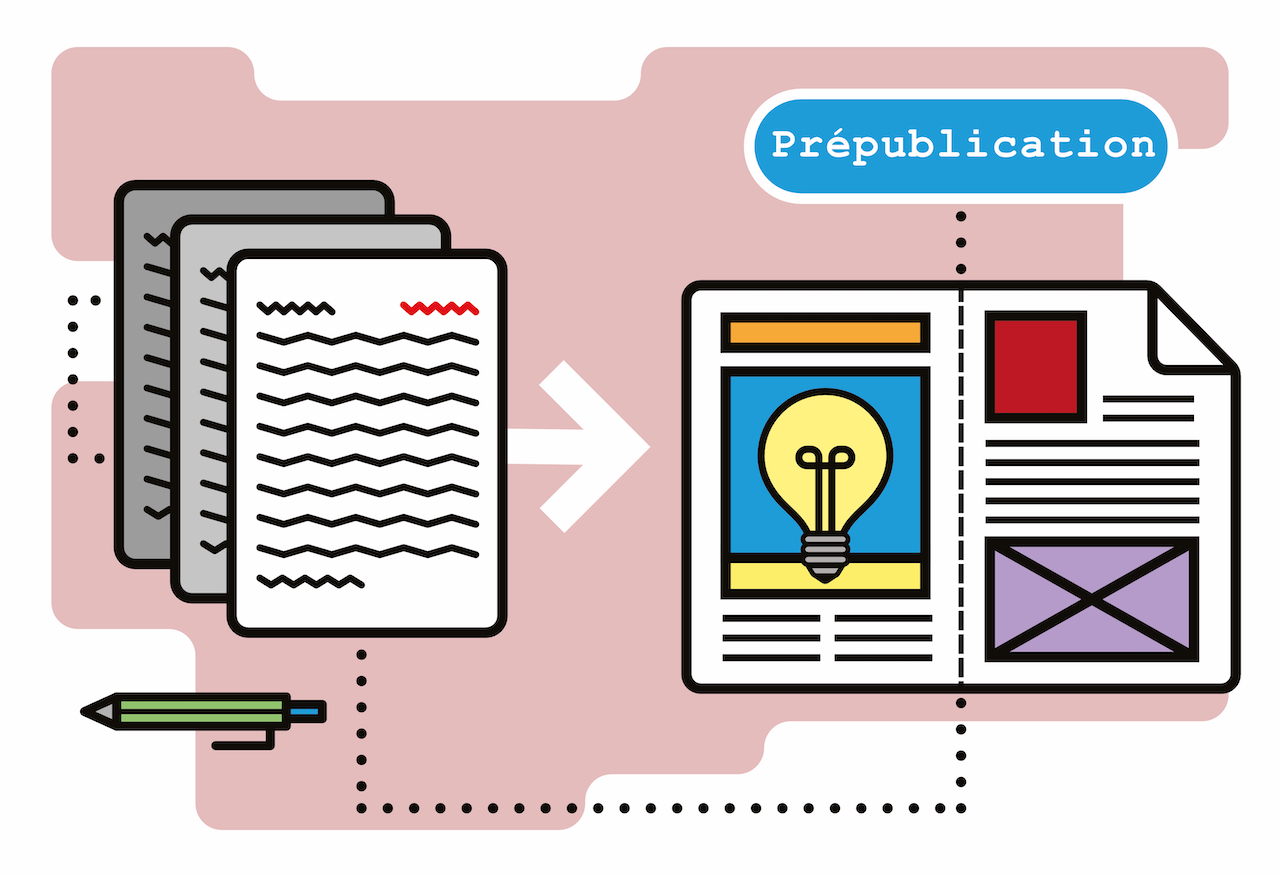Fiche du document
2019
- ISIDORE Id: 10670/1.041b12...
- hal: hal-04141860
info:eu-repo/semantics/OpenAccess
Sujets proches
BiasCiter ce document
Élisabeth Tovar et al., « Profit vs morality: how unfair is labor market discrimination? Results from a survey experiment », HAL SHS (Sciences de l’Homme et de la Société), ID : 10670/1.041b12...
Métriques
Partage / Export
Résumé
Using an original survey-experimental protocol, we study the normative acceptability of the trade-off between immoral profit (discrimination) and costly morality (non-discrimination). We test the causal influence of three factors: i) the origin of discrimination, ii) the steepness of the morality/profit trade-off and iii) anti-discriminatory moral injunctions. Contrasting with past experimental and attitudinal studies, we find that a significant minority of respondents believe that labor market discrimination is acceptable when morality results in profit loss. We also find that the three tested factors have significant effects on normative opinions. Respondents are more likely to choose profit over morality when discrimination is taste-based than when it is caused by imperfect information. Discrimination’s acceptability rises with the cost of non discrimination. Anti-discriminatory moral injunctions sharply reduces the acceptability of profitable discrimination.
